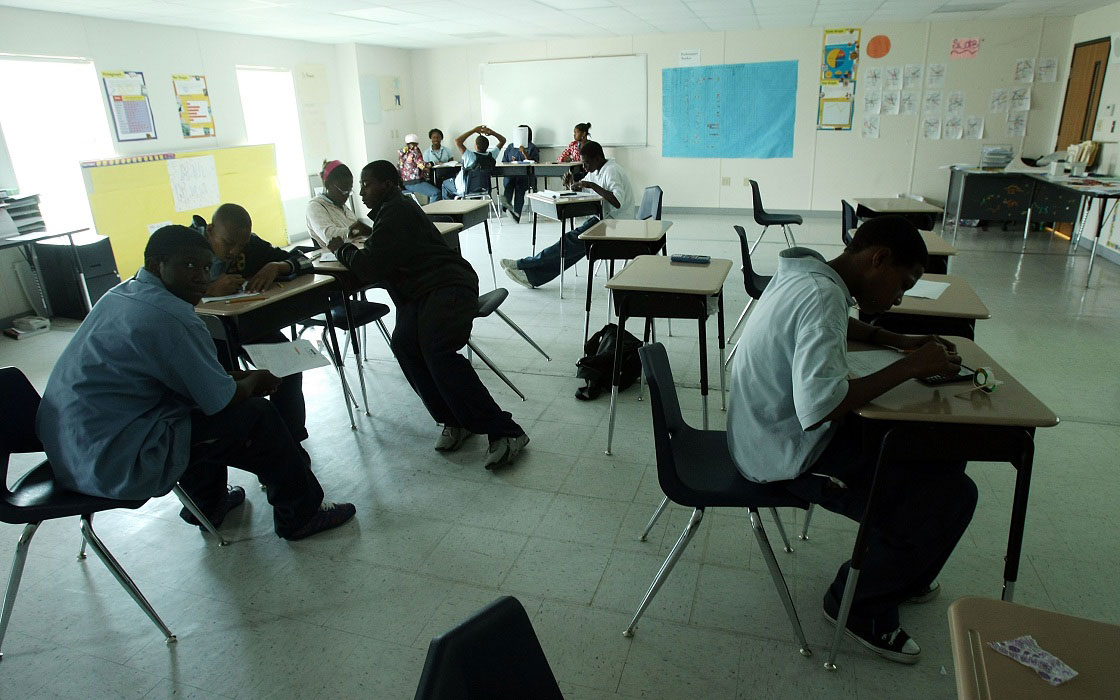TORONTO – In order to salvage the music programs across the Toronto District School Board (TDSB), school trustees will be debating a number of cost-saving measures including charging students for the International Baccalaureate (IB) diploma.

At a budget meeting on Wednesday, trustees will be looking to find approximately $27 million to balance the board’s budget, Shari Schwartz-Maltz a TDSB spokesperson said.
Approximately $2 million of that is needed for the music program.
A staff report before the committee suggests charging students in the board’s six IB programs.
“So there are costs to us. It’s a wonderful program but you know, there is a cost associated with it,” Schwartz-Maltz said. “So looking at additional revenue sources, this was one potential.”
She added that most other boards in the Greater Toronto Area charge for the program.
Toronto’s Catholic board charges approximately $1200, while York and Peel regions charge approximately $1500 for students to access the IB program.
But student trustee, Kourosh Houshmand, claims the “everyone else is doing it” argument shouldn’t be deployed in order to force the costs on TDSB students.
“I think the better question is why is everyone else doing it?” Houshmand asked. “I think when you have something healthy and beautiful that’s happening in the TDSB that you can access the IB program without a fee, then you have to start questioning why is everyone else doing it?”
The IB program is supplementary to the current TDSB curriculum and students must meet certain academic standards in order to be accepted.
The program is offered around the world and is intended to educate students to a high, internationally recognized standard.
But while the program is supplementary to the regular curriculum, Houshmand says charging for the program would send the wrong message to students.
“I think it just sends the wrong message to students and to the system when we say that public education, ‘hold on, there’s a component that you have to pay for,’ he said.
“There’s a reason why we have private schools. And then I think the beauty of public education is access.”
Schwartz-Maltz however said the school board would try not to exclude anyone based on financial reasons.
“If there are students who qualify for the program and simply can’t afford it, that is something that we will look at,” she said.
The report goes before trustees on Wednesday.
– With files from Mark Carcasole




Comments